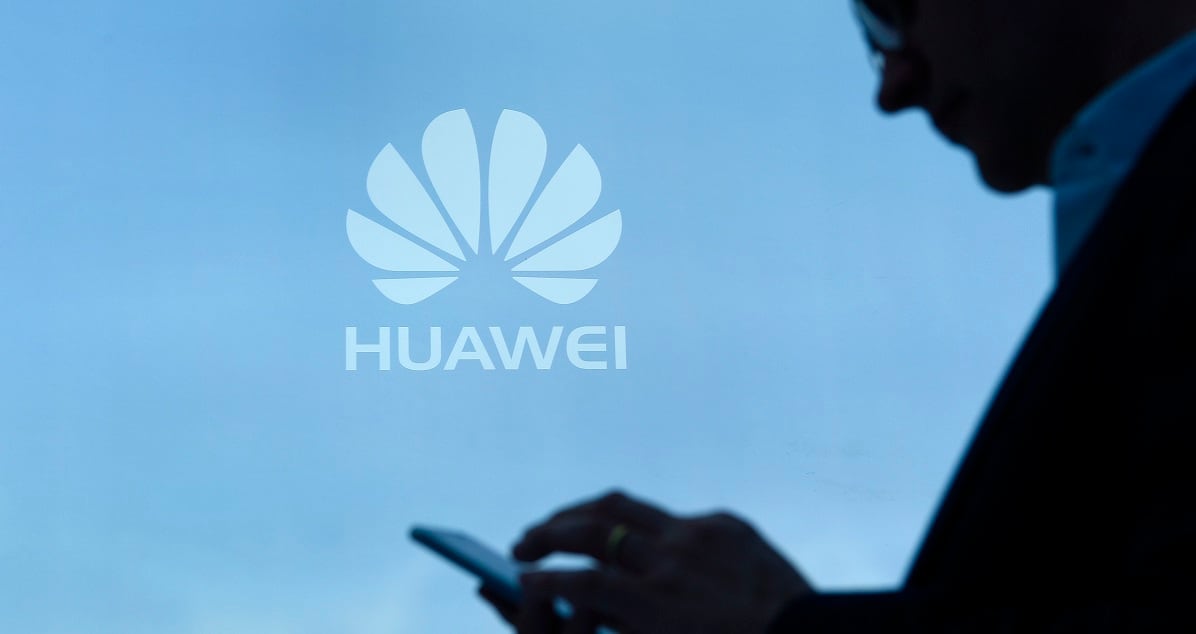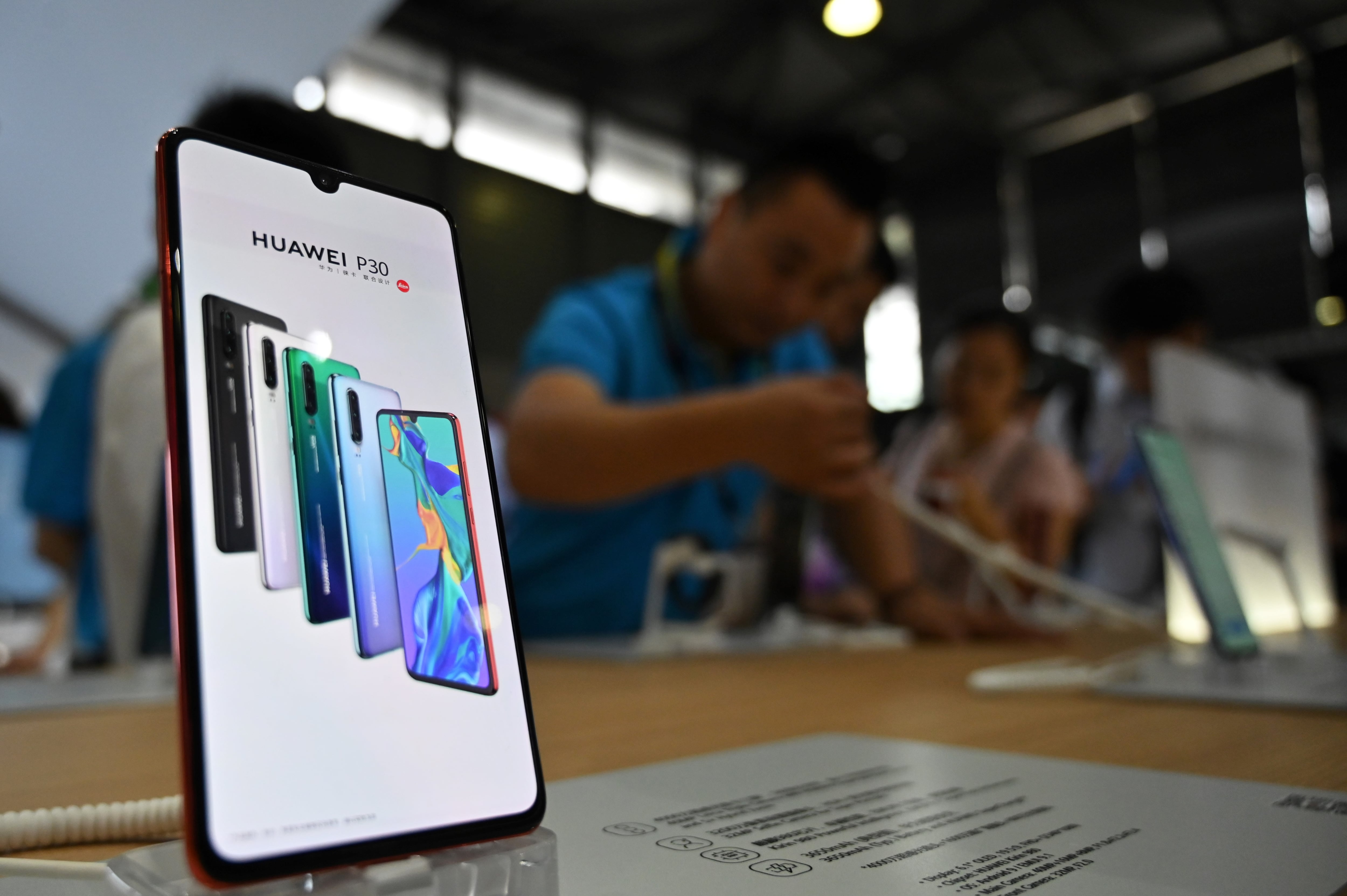If you have a Huawei smartphone, retired Air Force Brig. Gen. Robert Spalding has a message for you.
Throw it out.
That’s because Spalding, the former senior director for strategic planning and national security adviser to the White House, says the Chinese Communist Party could be spying on you.
U.S. sales of the phones were banned by the White House in May and later, they specifically were banned on military bases, where the phones were pulled from the shelves. But so far, no ban has been put in place for usage by service members and Defense Department employees who purchased the phones prior to the sales ban.
Spalding, in a series of interviews with Military Times, said the current ban does not go far enough.
“No active duty service member should be using a Huawei device, especially not on a U.S. military installation,” he said. “Huawei smartphones are both a personal security and a national security risk.”
RELATED

Spalding, who left the National Security Council in 2018, said his warning also includes Huawei’s other tech devices such as laptops and modems, and extends to the ZTE brand too.
Consumers have long known that smartphone location, texts, calls, photographs and IP address can be extracted from to their devices, however, the amount and transmission of information being recorded and shared may be worse than most consumers believe, says Spalding.
Smartphones know who you are and where you are, your gait, your voice, your height, even when you hand your phone to another person to use it. All of this information is recorded and if you own the wrong phone, could be transmitted without your consent, explained Spalding.

Spalding knows a thing or two about Chinese intel. From 2014 to 2016 he was the chief China strategist for the chairman of the Joint Chiefs. He returned to China as the senior defense official and defense attaché in Beijing before posting to the White House and retirement.
The directors of the NSA, CIA, FBI, National Intelligence, Defense Intelligence Agency and National Geospatial-Intelligence Agency showed their agreement against usage of the devices at a Senate Intelligence Committee hearing on Capitol Hill in 2018. When Sen. Tom Cotton, R-Ark., who introduced the bill to ban the sales of Huawei, asked each of the directors to raise their hands if they would personally use Huawei devices, no hands were raised.
Spalding said there is good reason why the intelligence committee is leery of Huawei.
“The Chinese Communist Party is the sovereign in China,” he said. “They control everything, which includes information. Chinese law says that all companies and individuals must help the nation’s intelligence services. If it’s a Huawei phone any information recorded could potentially be accessed by the CCP.”
Huawei, said Spalding, "has the poorest security ratings of any of the equipment providers. That should not be a surprise since Chinese law requires that telecommunication industry members give the government a backdoor to everything they produce.”
In February, the directors of the NSA, CIA, FBI, National Intelligence, Defense Intelligence Agency and National Geospatial-Intelligence Agency testified to the US Senate that they worried about Huawei and ZTE being part of China's intelligence-gathering apparatus.
If personal privacy is a concern, don’t use a phone that is not encrypted, is his further advice.
That leaves service members with only a choice between iPhones and Android 5.0 and above which provides full-disk encryption protection with the user’s device password, explains Spalding. Apple and iPhone record personal information but do not currently send the information back to Apple, but Androids do transmit the information to Google. What they do with the information wasn’t clear.

Service members who wish to follow the example of the security and intel directors as well as honor the advice of Spalding might want to go further than personally discontinuing usage of the devices, and rethink whether even additional household members should use Huawei products in their homes.
“Huawei and ZTE devices may pose an unacceptable risk to the Department’s personnel, information and mission," DoD spokesman Army Maj. Dave Eastburn said in an email to Military Times in May 2018. "In light of this information, it was not prudent for the Department’s exchanges to continue selling them to DoD personnel.”
When Eastburn was recently asked why the DoD did not choose to ban use of the devices by service members in addition to the ban on sales on military installations, he declined to elaborate further.
Spalding offered some advice to service members, urging them to keep their smartphones updated and give serious thought to using a cloud service. While he uses one, Spalding said that those with personal or professional security concerns should not.
“I would also monitor how my data was stored in the cloud," he said. “If you want to be safe, make sure your data is encrypted."





